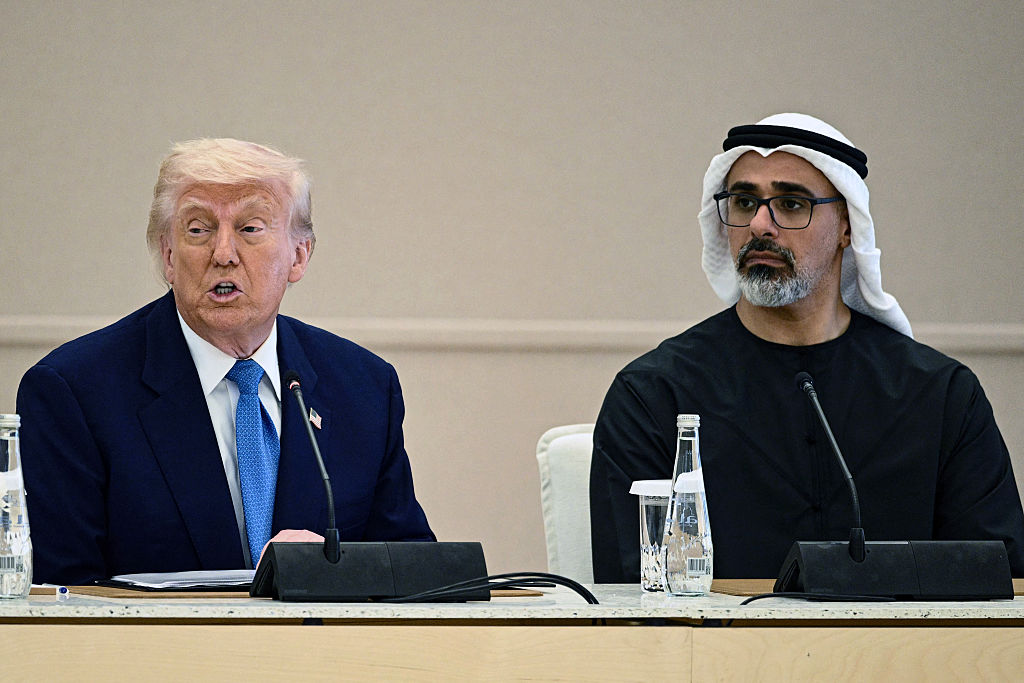In a bold move to position itself as a global leader in artificial intelligence (AI), Saudi Arabia has unveiled Humain, a state-owned AI enterprise, which is set to launch a $10 billion venture capital fund named Humain Ventures. This fund aims to invest in AI startups across the United States, Europe, and Asia, signaling the kingdom’s commitment to fostering innovation and technological advancement on a global scale.
Strategic Partnerships and Investments
Humain is actively engaging with prominent U.S. technology firms, including OpenAI, Elon Musk’s xAI, and venture capital giant Andreessen Horowitz, to discuss potential collaborations and investments. The company is also exploring opportunities to sell equity stakes in its burgeoning data center business to these American tech leaders. While specific partners have not been disclosed, Humain’s CEO, Tareq Amin, hinted at discussions with massive names in the data center segment.
Since its inception, Humain has secured agreements totaling $23 billion with major U.S. tech companies such as Nvidia, AMD, Amazon Web Services, and Qualcomm. These partnerships are integral to Humain’s ambitious plan to establish 1.9 gigawatts of data center capacity by 2030, with a goal to process 7% of global AI training and inferencing tasks by that time. The estimated cost for this expansive infrastructure project is approximately $77 billion.
Infrastructure Development and Capacity Goals
Humain’s infrastructure development is set to commence with a 50-megawatt data center utilizing 18,000 Nvidia chips, expected to be operational next year. The plan includes a phased expansion to 500 megawatts, requiring around 180,000 chips. For context, Elon Musk’s xAI Colossus AI cluster was built using 100,000 Nvidia GPUs, and OpenAI’s Stargate data center, funded in part by SoftBank and Oracle, is projected to house 400,000 Nvidia GB200 chips.
In addition to data center expansion, Humain has entered into a $10 billion joint venture with AMD to supply 500 megawatts of capacity over five years. The company is also investing $2 billion with Qualcomm to develop data centers and chip design capabilities within Saudi Arabia. As part of this collaboration, Qualcomm will establish a chipset design center in Riyadh, employing 500 engineers. Notably, Humain does not plan to venture into chip manufacturing.
Regulatory Environment and Data Sovereignty
To address concerns regarding data privacy and security, Humain plans to implement real-time inventory systems, allowing customers to audit how their information is processed. Furthermore, Saudi Arabia is expected to enact legislation that would regulate data centers under the laws of the country of origin of the tenant AI company. It remains to be seen if this approach will satisfy stringent data sovereignty regulations, such as those in the European Union, which restrict the storage of sensitive information on overseas servers.
Economic Diversification and Strategic Priorities
The establishment of Humain underscores Crown Prince Mohammed bin Salman’s vision to diversify Saudi Arabia’s economy beyond oil dependency. By investing heavily in AI and technology infrastructure, the kingdom aims to become a central player in the global AI industry. Despite potential financial strains from fluctuating oil prices and other large-scale projects, Saudi Arabia views AI as a strategic priority essential to its economic diversification and global competitiveness in the tech sector.
Conclusion
Through Humain and its substantial venture fund, Saudi Arabia is making a concerted effort to integrate itself into the global AI ecosystem. By forging partnerships with leading tech companies and investing in critical infrastructure, the kingdom is positioning itself as a significant contributor to the future of artificial intelligence.



